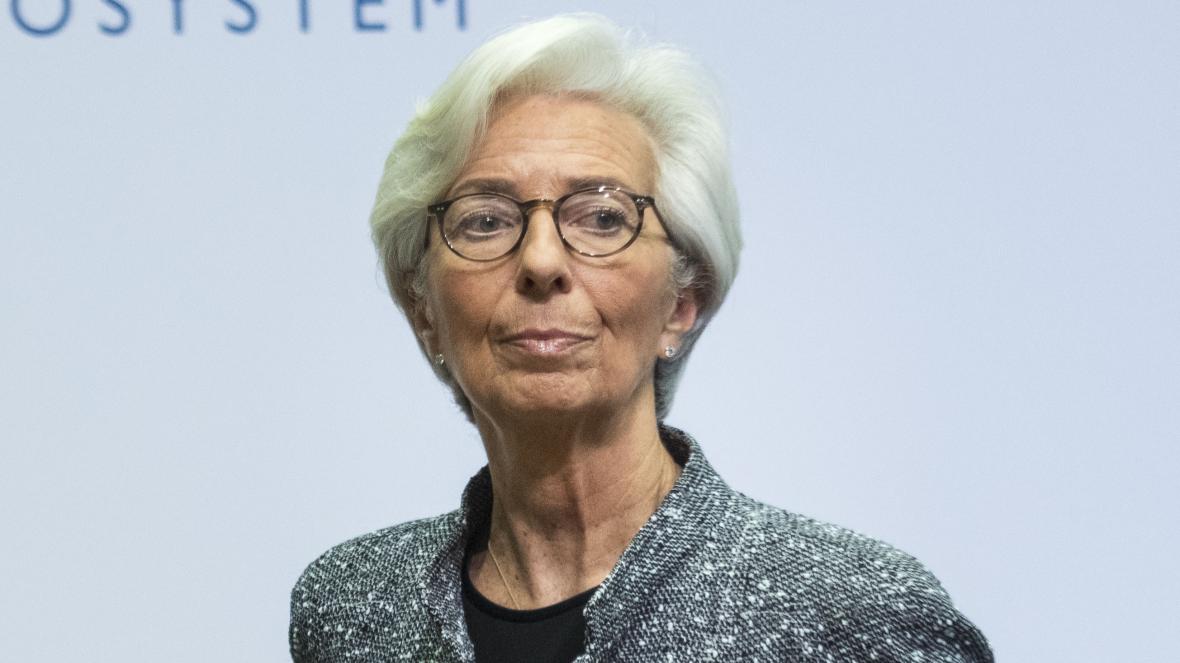The global economy is already sailing in the uncharted waters of the asymmetrical threat of the coronavirus.
In the last systemic threat, in 2012, then ECB chief Mario Draghi famously said that “whatever it takes” would be done.
That assurance alone was sufficient to quell the fears of investors and raised the bar for the handling of analogous future crises.
Christine Lagarde, Draghi’s successor at the helm of the IMF, did not meet expectations when her “great moment” came.
The ECB’s much-awaited reaction was a far cry from the “bazooka” that the market was expecting.
Interest rates remained unchanged and investors foreclosed a 10-basis point drop, while new quantitative easing (QE) measures were deemed insufficient.
The disappointment of investors was reflected in the plunge of European stock markets – the greatest drop in their entire history.
It is now clear that sporadic, piecemeal measures to handle the crisis are akin to offering an aspirin and not effective treatment to the deeply ailing economy.
The longer competent authorities delay in finding the proper treatment and in acting in a coordinated manner, the patient’s condition will deteriorate.



